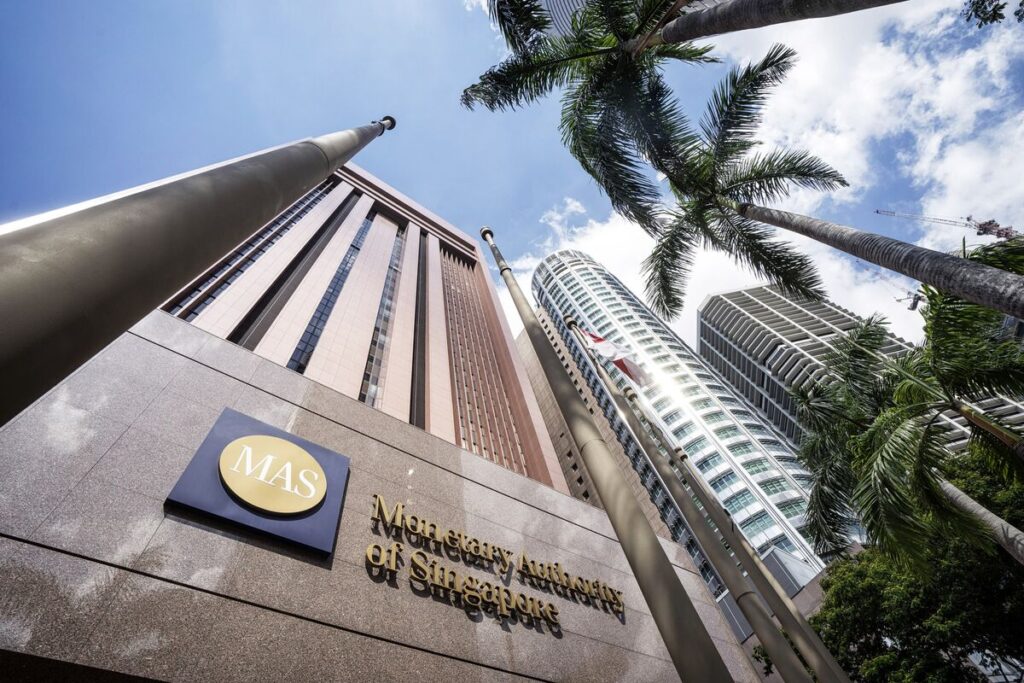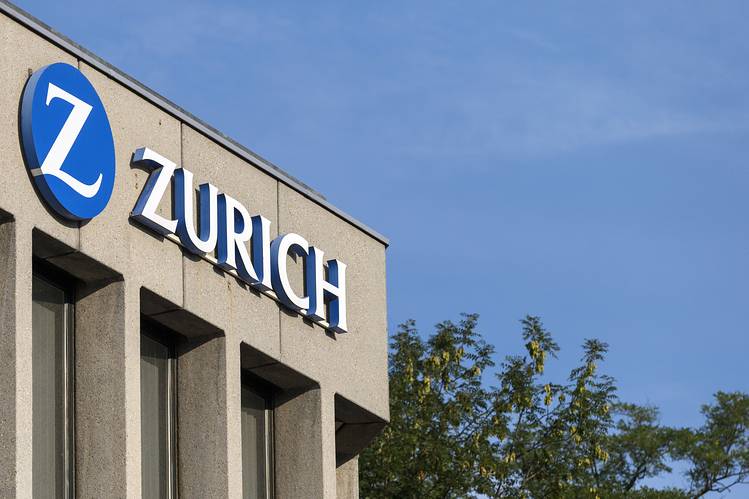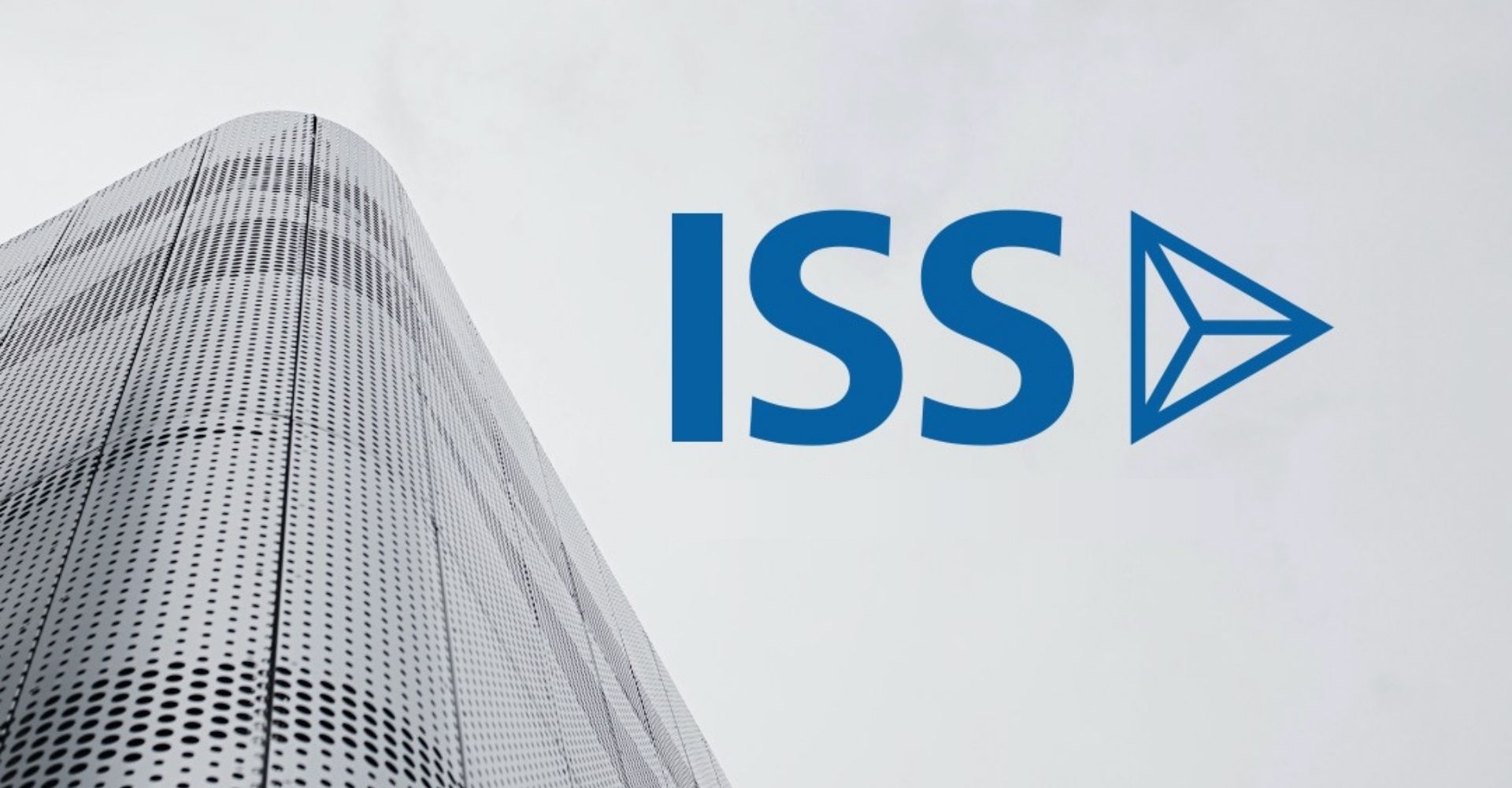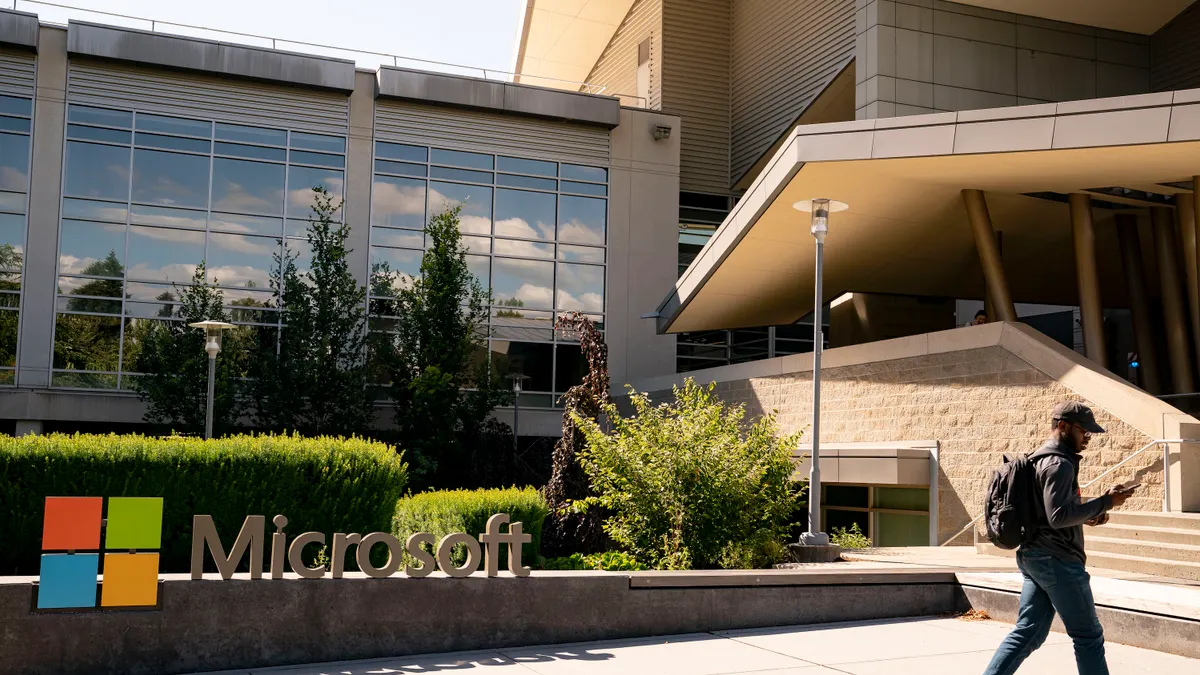MAS Invests S$35 Million in Upskilling Singapore’s Financial Sector for Sustainable Finance

|
Listen to this story:
|
The Monetary Authority of Singapore (MAS) and Institute of Banking and Finance (IBF), supported by Workforce Singapore (WSG), launched the Sustainable Finance Jobs Transformation Map (JTM), which lays out the impact of sustainability trends on jobs in Singapore’s financial services sector and the emerging skills that the workforce will require to serve sustainable financing demand in the region. The JTM was launched by Mr Alvin Tan, Minister of State, Ministry of Trade and Industry and Ministry of Culture, Community and Youth, and Board Member of MAS today.
Key findings from JTM Study
2. The JTM study, conducted by KPMG in Singapore, projects that the sustainable finance market in ASEAN over the next decade will amount to S$4 to 5 trillion. A robust and skilled workforce will strengthen Singapore’s ability to serve the growing sustainable finance market in ASEAN and Singapore’s financial services sector workforce should aim to undergo upskilling within the next three years to seize these opportunities. Other key findings from the study (refer to Annex A for the infographic on JTM findings) are:
a. More than 50,000 professionals in the financial services sector will see new sustainable finance-related tasks added to their jobs to a moderate to high degree. This applies to a number of career tracks , especially Risk, Compliance and Legal, Product Solutioning and Management as well as Sales, After Sales, Distribution and Relationship Management. Examples of these new tasks include incorporating sustainability risks into enterprise risk management frameworks, or structuring specialised products to meet sustainable finance demands.
b. 20 unique job roles are high priority roles for upskilling . These include:
i. Relationship managers in corporate banking, who will need knowledge in sectoral decarbonisation pathways and sustainable finance instruments, so as to identify and explain related service offerings to clients.
ii. Portfolio managers, who will need skills in sustainable investment management and the ability to construct appropriate investment portfolios based on investors’ sustainability strategies and preferences.
c. New job roles will emerge, in areas such as Sustainability Risk and Sustainability Strategy. These new roles will become more prevalent as financial institutions increasingly prioritise sustainability as a core business strategy for their organisations. Specialised and deep sustainable finance skillsets will be required to perform these new job roles. For example, the Sustainability Strategy role will need to design enterprise-level sustainable finance strategies and implement sustainability risk management policies.
Initiatives by MAS and IBF to Support Upskilling
3. MAS has set aside S$35 million in the Financial Sector Development Fund to support upskilling and reskilling, and develop specialists in sustainable finance over the next three years.
4. Key initiatives to upskill the financial services sector workforce include (refer to Annex B for the infographic on initiatives to support upskilling and reskilling):
a. Expanding the suite of sustainable finance courses for individuals (refer to Annex C for the infographic on sustainable finance courses).
i. Two undergraduate programmes focusing on sustainable finance will be developed. The Nanyang Technological University Bachelor of Accounting in Sustainability Management will be available for enrolment from August 2024, and the National University of Singapore is working towards introducing a new specialisation in sustainable finance within its business school in the near future.
ii. More than 65 new executive courses and a new executive masters in sustainable finance will be launched this year by institutes of higher learning, training providers such as the Singapore College of Insurance and Wealth Management Institute, and centres of excellence such as the Singapore Green Finance Centre (SGFC) and the Sustainable and Green Finance Institute (SGFIN). This builds on the wide base of more than 100 IBF-accredited and recognised sustainable finance courses available today, covering areas such as sustainability risk management and sustainable investment management.
b. Implementing an IBF Skills Badge to recognise industry professionals’ acquisition of sustainable finance skills . The skills badge will serve as an industry benchmark to recognise individual’s skills mastery and support skills-based hiring and promotion by employers.
5. These initiatives build on existing support for both finance and non-finance professionals in reskilling for sustainable finance job roles, in particular, through WSG’s Career Conversion Programme (CCP) for Financial Services.
6. Mr Chia Der Jiun, Managing Director, MAS, said, “ASEAN’s sizeable sustainable financing needs over the next decade present significant opportunities for Singapore’s financial centre to support the region’s transition to net zero. MAS is strongly supportive of efforts across financial institutions and the training providers to upskill the financial services sector workforce in a timely fashion. I encourage professionals to tap on the available support and deepen their sustainable finance capabilities to capture these opportunities.”
7. Ms Carolyn Neo, Chief Executive Officer, IBF said, “The launch of the Sustainable Finance JTM serves as a timely resource for financial institutions and individuals to identify new specific skillsets needed to stay resilient and future-ready. IBF’s new Skills Badge will provide a common industry benchmark to recognise individuals’ acquisition of sustainable finance skills, and facilitate upskilling, skills-based hiring and job mobility. IBF will continue to curate new training programmes in sustainable finance, to meet growing demand and enhance individuals’ access to relevant quality courses.”
8. Ms Dilys Boey, Chief Executive, WSG, said, “Through WSG’s collaboration with MAS and IBF, the Sustainable Finance JTM marks a significant step towards building a skilled workforce to serve the growing sustainable finance market in Singapore and ASEAN. It underscores our commitment to equip Singaporeans with the skills and knowledge needed to thrive in the evolving landscape of sustainable finance, while contributing to the nation’s sustainability goals. Financial institutions can tap on WSG’s CCP for Financial Services to equip mid-career new hires and existing financial services professionals with the emerging skills like sustainable finance instruments or sustainability risks, necessary to support the financial sector achieve its sustainable finance goals.”
Related Article: MAS-BCA Partnership Leverages AI to Accelerate Sustainable Financing in Singapore’s Real Estate Sector
9. MAS, IBF and WSG thank the JTM Steering Committee Members and several industry associations for their feedback, suggestions and support. The full list of members and industry associations can be found in Annex D.








